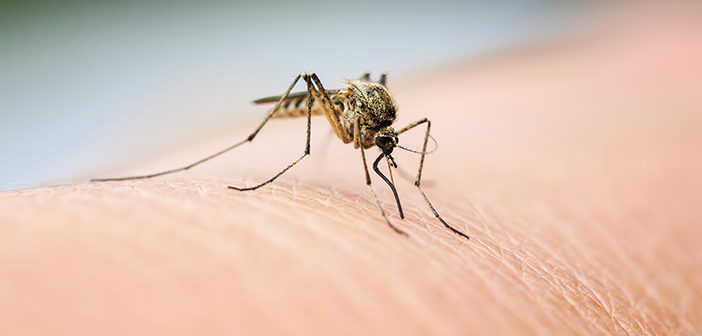London Network for Pest Solutions said it is playing an important role in monitoring one of the planet’s deadliest insects.
Newham was one of several councils originally asked to help with a vital mosquito monitoring project by Public Health England (PHE). Newham Council’s pest control team started work on the project several years ago and it has been continued by LNPS, a limited company owned by the London Borough of Newham.
The annual survey takes place over a three-month period. A static trap called a mosquito magnet, located in Newham, is used. The magnet is attached to a propane gas cylinder which gives off a low level of carbon dioxide. Mosquitoes are attracted to the warmth and CO2 given off by humans and by mimicking humans, the mosquitoes are attracted into the unit from many miles away. They fly into an attached bag where they die because of lack of food – normally human blood.
The trap is run for four days every fortnight. At the end of each run period, LNPS staff check and change the bag and send it to Public Health England who then physically count and identify each species of mosquito caught. This is done around the UK and then once a year a report is produced.
LNPS managing director Paul Cooper said: “I am so pleased that LNPS has continued the work started by the London Borough of Newham. It is far more important than people realise. It is an often-forgotten fact that mosquitoes kill far more humans each year than any other creature.
“Figures vary but it is generally accepted by the WHO that mosquitoes are responsible for about three quarters of a million deaths worldwide each year.
“There are lots of mosquito solutions on the market, from personal wrist bands, small spray repellents, mosquito nets, noise emitters and the larger ULV machines but, as always, the best method of protecting yourself against mosquitoes is to ensure you remove any sources of standing water. That is where you can easily see their larvae. The standing water does not have to be big or deep, anything is suitable such as old tyres or unused plant pots.”
Public Health England runs the nationwide mosquito surveillance project in collaboration with a range of organisations across the country. The project aims to develop and update our understanding of the status, distribution and abundance of these potential endemic vector species.




